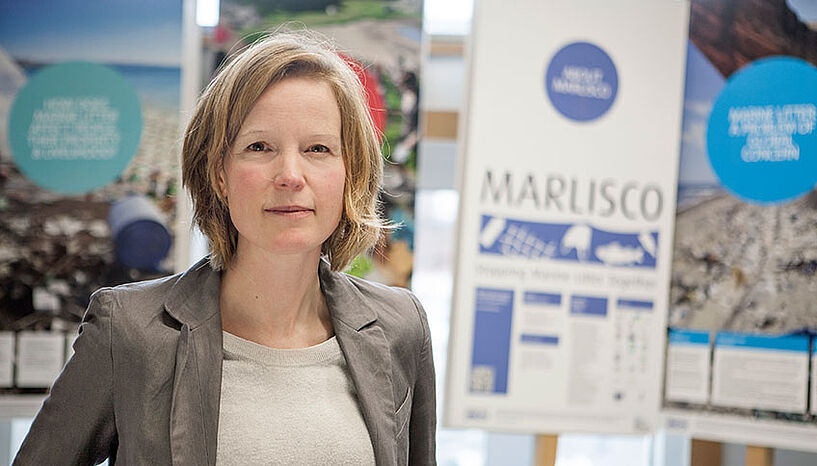Univ.-Prof. Dipl. Psych., MSc, PhD Sabine Pahl

Professur für Stadt- und Umweltpsychologie an der Fakultät für Psychologie
Curriculum Vitae:
1998 MSc in Social & Applied Social Psychology, University of Kent
1999 Diplom in Psychology, University of Bremen
2003 Doctor of Philosophy (PhD) University of Sheffield, UK
2002-2003 ESRC Postdoctoral Fellow University of Sheffield, UK
2003-2006 Assistant Professor (C1), University of Erlangen-Nuernberg, Germany
2011 Visiting Lecturer, University of British Columbia, Vancouver, Canada
2011 Fellow of the Pacific Institute for Climate Change (PICS)
2006-2012 Lecturer / Assistant Professor, University of Plymouth, UK
2012-2019 Associate Professor (Reader), University of Plymouth, UK
since 2014 Secretary of the International Association of Applied Psychology, Environmental Division
since 2015 Honorary Associate Professor, University of Exeter
2019-2020 Professor of Applied Social Psychology, University of Plymouth, UK
since 2020 Professor of Urban and Environmental Psychology, Department of Cognition, Emotion, and Methods in Psychology, Environmental Psychology Vienna, University of Vienna
Research Areas:
"I am an Environmental Psychologist doing basic and applied research and specialised in interdisciplinary collaboration. My applied work focuses on perceptions, attitudes and behaviour change, particularly in the areas of plastic pollution, energy efficiency, and protection of natural environments. I also investigate the restorative effects of natural environments, including the use of natural environments in healthcare. My basic reseach has been in social cognition, e.g., construal level and memory and judgmental and self-other biases such as unrealistic optimism. I provide science advice and input into policy at national, European and international levels, always contributing psychological and behavioural science perspectives."
"I investigate environmental problems that are caused by human decisions and behaviours, e.g., plastic pollution. I also study the benefits of nature on physical and mental health. Applying psychology to these questions helps protect the health of people and the planet." (Sabine Pahl )
